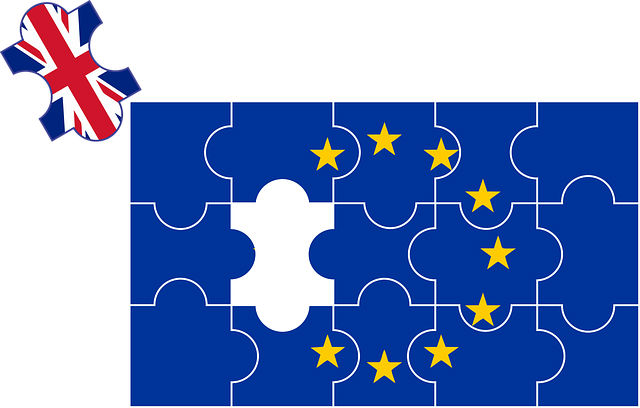Boris Johnson has taken over as Prime Minister from Theresa May and there are 99 days to go until the latest date for the UK’s exit from the EU of 31st October 2019.
Individuals and businesses wait with anticipation, and in some cases apprehension, to see what the next few months will hold. Boris Johnson has given us a new acronym of DUDE, which stands for Deliver Brexit, Unite the Country, Defeat Jeremy Corbyn and Energise.
Energy and optimism aside, in relation to the UK’s exit from the EU the PM faces much the same Gordian knot as proved the undoing of Theresa May: a parliament split three ways between Brexit without agreement (No Deal), Brexit with a transition agreement (Deal) and no Brexit (Remain), with a majority of MP’s appearing to be against No Deal.
What happens next?
It seems difficult to argue with the view that a Deal ahead of the October deadline is now the least likely outcome. There is no obvious solution to the issue of the Irish Backstop, the EU continues to talk tough and has little flexibility in negotiations, and it would probably be foolhardy to suggest that a new European Commission makes a swift resolution more likely. In the UK the parliamentary arithmetic continues to be difficult for a Deal in its current form.
No Deal is more likely than ever, and is the default outcome should no further steps be taken. Boris Johnson is appointing a Cabinet that appears comfortable with No Deal. He has also stated that he is determined that businesses should be ready for No Deal, and government appears to be seeking to place some of the burden and responsibility in the event of a No Deal on businesses.
However, No Deal is not inevitable. A No Deal led by government would likely be achieved in defiance of the will of parliament, and this would be constitutionally uncomfortable. It also remains to be seen whether this government is willing to take (sole) responsibility for No Deal which creates a host of practical and legal uncertainties, and where the short to medium term consequences will at best be inconvenient but may, according to people the new PM calls ‘doomsters’ and ‘gloomsters’, be disastrous. A further clash (or clashes) between government and parliament seem inevitable, and many are predicting that this can only be resolved through a fresh mandate in the form of a general election or a second referendum or both.
What does this mean for businesses?
Anecdotally, businesses and government are underprepared for a No Deal on the 31 October 2019. There is no obvious basis to suggest that the UK is much better prepared than it was in the run up to the previous March and April deadlines, given that the intervening period has been characterised largely by continued lack of certainty and a lack of political leadership. Some Brexit fatigue has also set in, with businesses struggling with being ‘marched to the top of the hill’ on multiple occasions.
We will continue to advise our clients on any specific legal issues arising, and in the run up to the latest Brexit deadline will provide updates and guidance on developments as they occur. In the meantime we suggest the acronym CURE may be appropriate:
- Continue to monitor developments
- Update contingency planning
- Resource your business
- Engage with government, trade associations and advisors as appropriate
Whether you feel optimistic about the upcoming period will depend on your outlook on this issue- but the PM is at least correct that we will need energy to overcome the challenges ahead.

 Gustaf Duhs
Gustaf Duhs